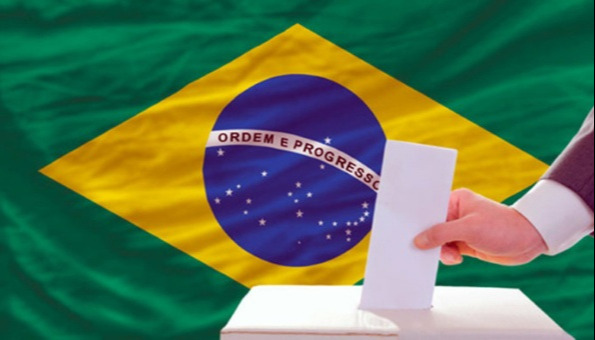
Elections in Brazil. Photo: Taken from CELAC
By Guillermo Alvarado
The Latin American electoral calendar closes this year in Brazil, where in October voting will take place to designate the new president of the country, a race that for the moment favors former president Luis Inacio Lula da Silva, leader of the Workers' Party, PT.
The former steelworker already governed the nation from January 1, 2003 to December 31, 2010 and during his administration important economic, social and foreign policy conquests were achieved that turned the South American Giant into a power.
According to World Bank data, during that period the Gross Domestic Product tripled thanks to honest and hard work, around 30 million people were lifted out of poverty and Brazil became a regional and world reference.
Many of these advances were lost during the last two governments, that of the coup leader Michel Temer, and the former army captain, Jair Bolsonaro, who is running for reelection for the Liberal Party.
According to the most recent polls, Lula da Silva is ahead of his rival and could even win in the first round, scheduled for Sunday, October 2.
In case a run-off election is needed, it would be held on October 30, and once again the polls favor the PT candidate by a wide majority.
It should be remembered, however, that polls only give a picture of the state of opinion of a segment of society at a given moment and may vary according to a large number of factors, so the decisive point is always at the ballot box.
In this case, two opposing sectors of the population are in dispute, since Bolsonaro has his political clientele among businessmen, high command of the army, believers of fundamentalist churches and civil servants earning five or more minimum wages.
On the other side are the indigenous communities, peasants, workers, youth, women and low-income people, who view a new PT government with hope and illusion.
The other ten candidates aspiring to lead the Planalto Palace are too far away in the polls and have practically no options.
In these elections, in addition to the presidency, 27 of the 81 Senate seats, 513 federal deputies, 27 governors and 1,57 state deputies are being disputed, which will determine the political map of Brazil for the next few years.

